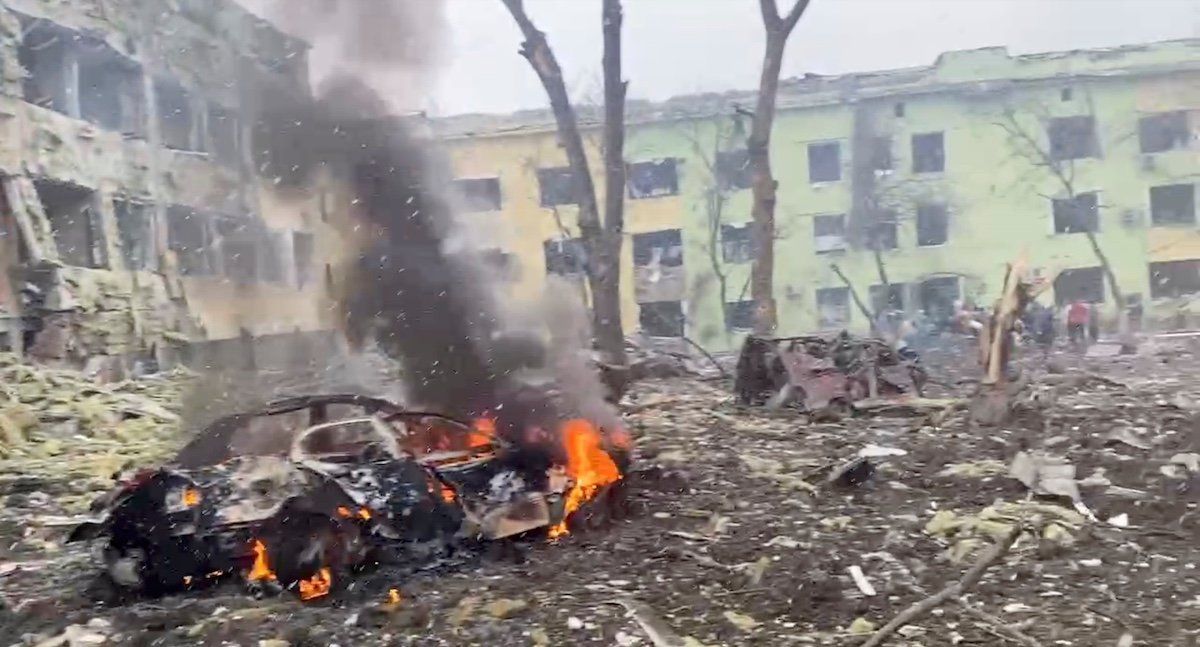The US State Department accused Russia on Thursday of using a chemical weapon called chloropicrin against Ukrainian soldiers. If true, the use of this choking agent would violate the Chemical Weapons Convention, an international agreement that Russia has signed. Chloropicrin, widely used in World War I, is an oily substance that irritates the lungs, eyes, skin, and digestive system. The US says Russia is using it to force Ukrainian soldiers out of their trenches along the frontlines. The Kremlin’s chief spokesman has denied the charge.
There are also reports this week that Russia has disrupted the Global Positioning System, leaving aircraft, including commercial planes, unable to receive GPS signals in the Baltic Sea, Black Sea, and eastern Mediterranean regions. These disruptions take the form of either jamming signals or “spoofing,” in which legitimate signals are replaced with fake ones.
Though these disruptions are more nuisance than danger, there is a risk to flights when pilots have to improvise navigation. If Russia is responsible, it’s not clear whether its motive is tied directly to the war in Ukraine or is part of a larger effort to disrupt European life and commerce.
In both cases, Western policymakers and experts warn that Russia is increasingly fighting its war outside established rules. In neither case is it clear what accusers can do about it.
